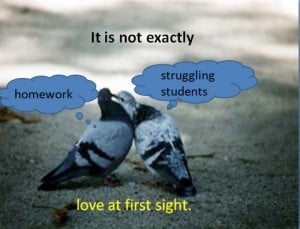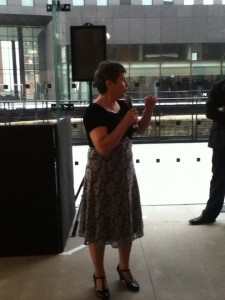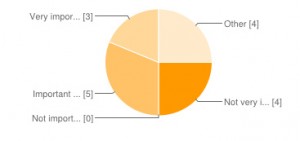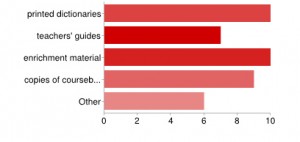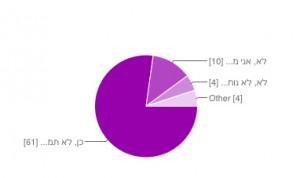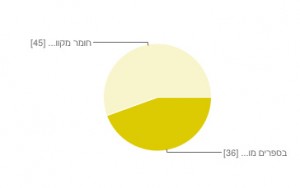
One might think that an online conference couldn’t be as exciting as a face-to-face one. The attendees don’t get to immerse themselves in the experience as is done when traveling (that pile of laundry didn’t disappear and there’s work too). The presenters (at least this one did!) can wear a nice shirt with house-pants and flip flops. You don’t share meals with others.
One might be SO WRONG!
There was an incredibly exciting feel of being at a conference! The lineup of speakers was enticing and just like at any real conference, one had to make difficult choices regarding which talk to attend. However, unlike a “traditional” conference, recordings of all those talks that I missed are already online, here! Both video and audio are available, so it is very convenient.
But that’s not all. I actually did meet and connect with people, which is an important draw at a conference. The vibrant chat boards at the talks enhanced the talks by giving me the feeling that I was benefitting from the comments of others and I made some new friends! The organizers added a lovely touch before each talk – a map of the world for the attendees to mark their location. A Global Conference was not an empty phrase! WOW!
The big surprise though, was that the conference had a special gift for me – it got my new classroom an Internet connection! This year I moved to a new classroom after teaching in the old one for 15 years. The school kept its promise to paint the room and invest in the acoustics but nobody was in any particular rush to have the neccesary work done to connect the computer to the Internet. As someone who had been using the computer in almost every lesson, this was very aggravating.
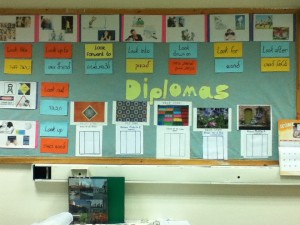
I was feeling so enthusiastic during the conference, particularly after the tension preceeding my own talk disappeared, that I wrote an email to the principal. I said that I had represented the school well (if I may so so myself) and that I talked about the ways I use technology to individualize learning for our students. But then I explained that I can’t continue doing many of these things as I no longer have an Internet connection. I attached links to the conference and a link to the page where you can see the school’s name.
THERE WAS A COMPUTER TECHNICIAN WAITING FOR ME TO FINISH TEACHING OUTSIIDE MY CLASSROOM TODAY!

Thank you for whole experience and the wonderful parting gift, RSCON4!
* Please note that the list of recordings is organized according to the speakers’ last names and I am Ganin-Epstein.
